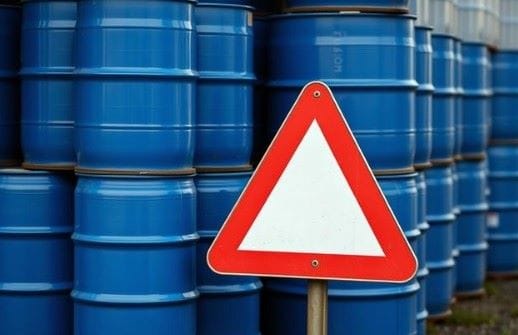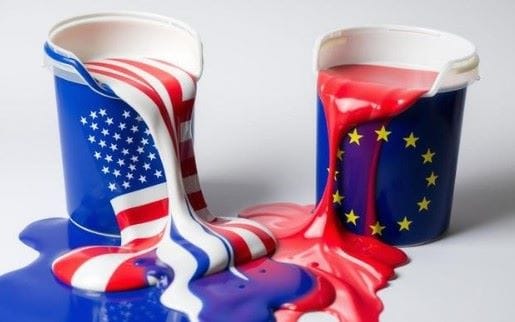Europe’s Plastics Recycling Industry Faces Crisis
How is the European recycled plastic market impacting chemical manufacturing and industrial feedstock trading?
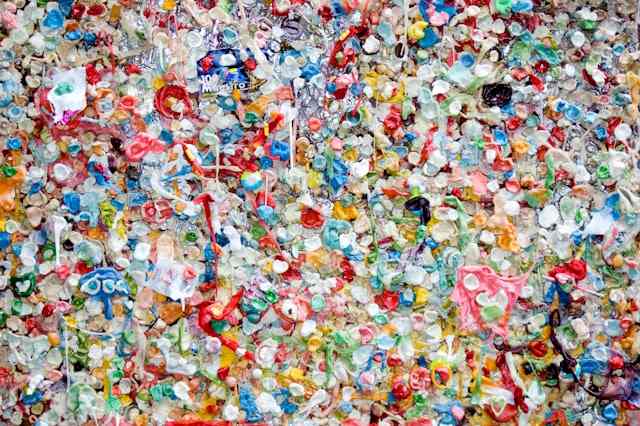
Europe’s recycling sector is sounding the alarm. According to a recent report published by Plastics Recyclers Europe (PRE), the continent’s plastics recycling industry is facing an ‘imminent collapse.’ Specifically noting that after years of steady growth, the industry is set to lose up to one million tonnes of capacity between 2023 and the end of 2025, with zero net growth forecast for next year. It is a downturn which carries consequences not only for environmental goals but also for chemical and plastics traders who rely on secure and competitively priced supplies of recyclates.
Moreover, it indicates the continued decline of the plastics sector in Europe and an increasing dependence on imports to meet demand. As an earlier PRE report from March notes, “Besides the critical market trends, European recyclers are grappling with high energy costs and soaring input costs, which have increased operational expenses over the last few years. Meanwhile, they are being undercut by cheaper imported materials, which often come with fraudulent claims due to the lack of transparency in the origin of materials.”
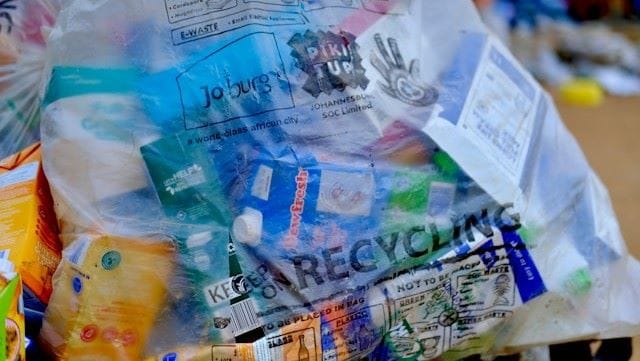
The warning is stark. Europe’s recycling plants are producing less material while imports of recycled plastics are surging. Domestic recyclers, who once expanded rapidly to meet EU circular economy targets, now face shuttered facilities and falling margins. This trend undermines the region’s climate ambitions and raises questions about Europe’s self-sufficiency in secondary raw materials.
Why is the Crisis Happening?
The collapse is not driven by a single factor but by a combination of pressures, with plastic industry insiders pointing to:
· A flood of cheap imports undercutting European recyclers
· Declining demand for EU-made recyclates
· High energy costs and rising waste input prices
· Bureaucratic delays in permitting and regulatory approvals
· Concerns over fraudulent or substandard recycled imports
These pressures have combined to erode competitiveness, leaving local plastics recyclers unable to invest in new capacity or to match the economics of low-cost imports.
For chemical traders and plastics processors, the immediate effect is feedstock market volatility. Companies depending on stable European supplies now face greater uncertainty. If recycling capacity continues to decline, buyers may become increasingly reliant on imports—raising exposure to price swings, variable quality, and geopolitical risks.
Recommended: Self-Healing, Antimicrobial Plastics from Plants or How China’s Oil to Coal Switch is Reshaping Chemical Prices
Furthermore, polymer consumers committed to using recycled content in packaging and products also face challenges. Inconsistent supply and concerns over certification could make it harder to meet regulatory targets or consumer expectations.
What Could Change the Outlook?
PRE and other industry voices have urged policymakers to act quickly. Stronger controls on imports, harmonised enforcement of quality standards, and faster permitting could provide some relief. At the same time, boosting demand through recycled content mandates and public procurement focused on ecology could help restore balance to the market.
For traders, the situation presents both risk and opportunity. Supply disruptions could strain margins and complicate forward contracts. Yet volatility also creates openings for agile firms that can secure reliable sourcing, identify new partners, or differentiate on quality assurance.
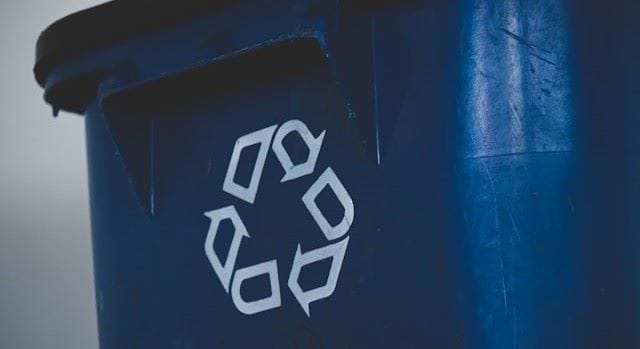
Looking ahead, the next 12 months will be decisive. Without corrective measures, Europe risks hollowing out its recycling base just as demand for sustainable materials accelerates globally. For traders, that means monitoring regulatory developments, testing supply chain resilience, and positioning early for any policy-driven shifts.
As PRE states, “The time to act is now. The collapse of the European plastics recycling sector would cause irreversible damage to the environmental progress and innovation achieved over the past decade, jeopardising the achievement of the EU’s climate goals and its long-term competitiveness.”
The crisis in recycling is not only a story of environmental failure—it is also a business challenge. How Europe responds will determine whether recyclates remain a competitive, secure feedstock for the plastics value chain, or whether dependence on imports becomes the new normal.
Photo credit: Calvin Sihongo, Marc Newbury on Unsplash, & Sigmund

